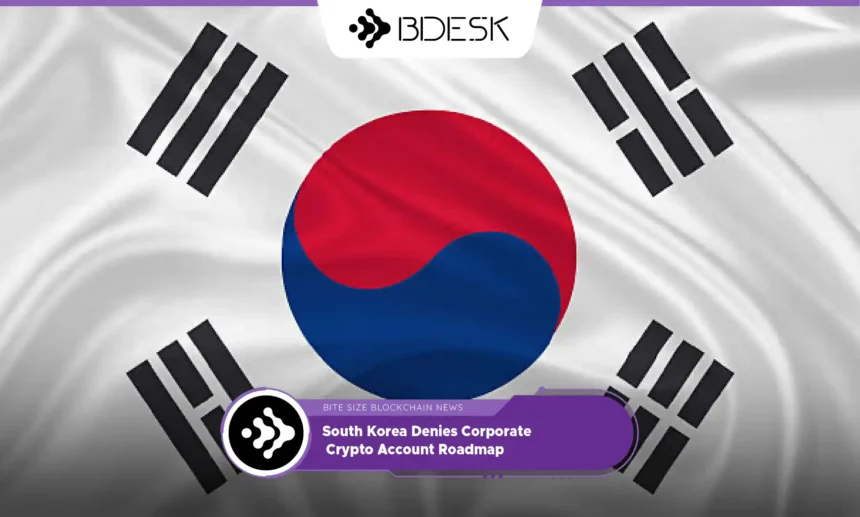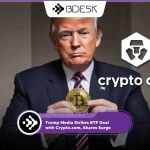The FSC denies reports about a roadmap for corporate crypto accounts, stating that discussions are ongoing.
South Korea’s FSC Clarifies No Decision on Corporate Crypto Accounts
South Korea’s Financial Services Commission (FSC) has denied reports suggesting it plans to publish a roadmap for permitting corporate crypto accounts by the end of the year. According to a Dec. 4 statement, the FSC emphasized that discussions on corporate crypto accounts are still ongoing and no final decisions have been made.
Misleading Reports Spark Confusion
Reports from Korea Economic Daily claimed that the FSC was preparing a phased plan to allow corporate crypto trading starting with universities and local governments in 2025. The plan reportedly included gradual expansion to corporations and financial institutions. However, the FSC swiftly refuted these claims, urging caution in the reporting of such information.
Ongoing Discussions on Real-Name Accounts
The FSC reiterated that the issue of corporate real-name accounts for virtual assets is still under discussion. Specific measures to address the regulation of corporate crypto accounts have not yet been finalized, and any further announcements would be premature. This clarification comes after the FSC’s creation of a crypto committee aimed at reviewing institutional crypto participation.
Restrictions on Corporate Crypto Trading in South Korea
In South Korea, local regulations have effectively restricted corporate participation in cryptocurrency trading. Corporations are prohibited from trading on exchanges that offer fiat-to-crypto services, as they cannot open real-name accounts at banks licensed to partner with crypto exchanges. Banks generally avoid allowing corporate accounts to comply with Anti-Money Laundering (AML) regulations.
Retail Investors Dominate South Korea’s Crypto Market
As a result of these restrictions, South Korea’s crypto market remains largely driven by retail investors. This dynamic has contributed to the Korean won becoming one of the world’s top fiat currencies for crypto trading. Despite the lack of corporate involvement, South Korea’s crypto market continues to play a significant role on the global stage.
Political Context and South Korea’s Crypto Volume
The scale of South Korea’s crypto market was underscored by a political event this week. During a brief political crisis, President Yoon Suk Yeol declared martial law, a decision that was reversed by the National Assembly within six hours. This short window contributed to a $35 billion 24-hour crypto trading volume, which significantly outpaced Indonesia’s total crypto trading volume for the year.
Conclusion: Ongoing Regulatory Uncertainty
While discussions continue, South Korea’s FSC has yet to finalize any roadmap regarding corporate participation in the crypto market. With regulations in flux, the country’s crypto market will remain largely shaped by retail investors, even as potential corporate involvement remains a topic of future deliberations.
Disclaimer:
The information provided on 13Desk is for informational purposes only and should not be considered financial advice. We strongly recommend conducting your own research and consulting with a qualified financial advisor before making any investment decisions. Investing in cryptocurrencies carries risks, and you should only invest what you can afford to lose. 13Desk is not responsible for any financial losses incurred from your investment activities.











